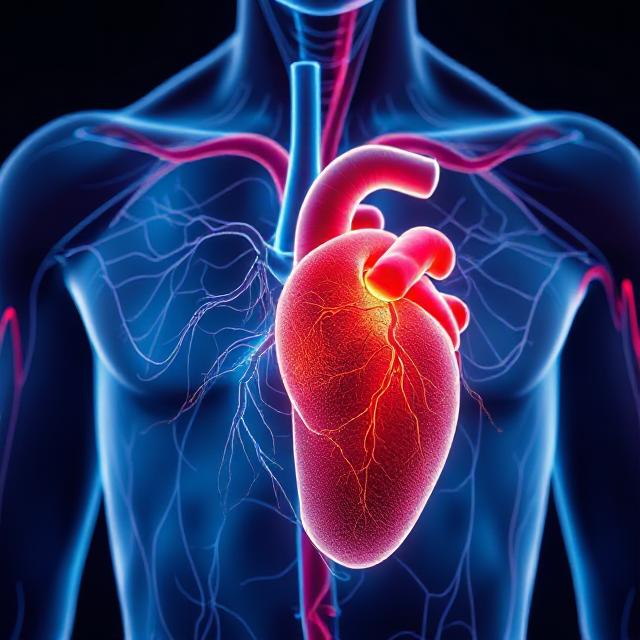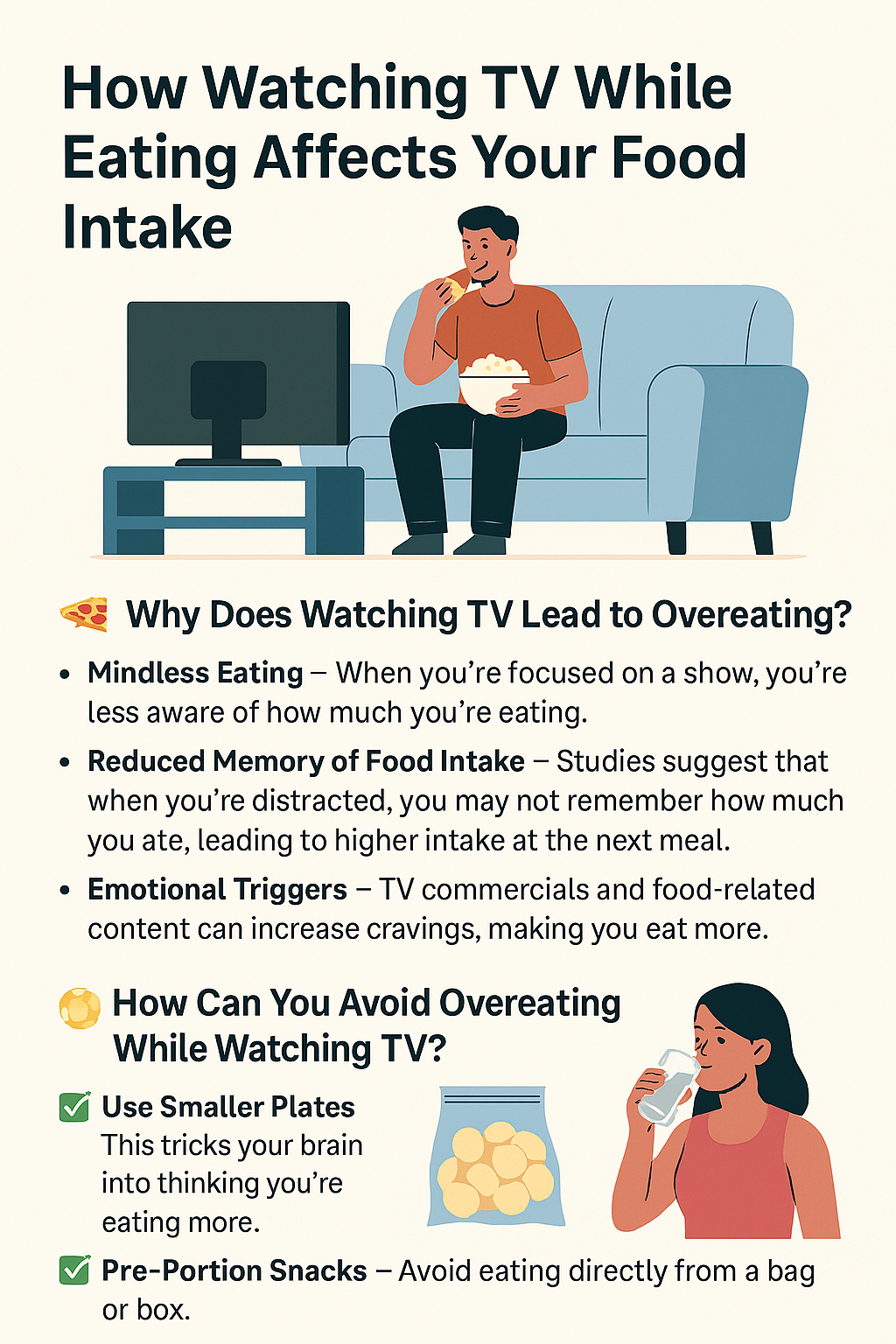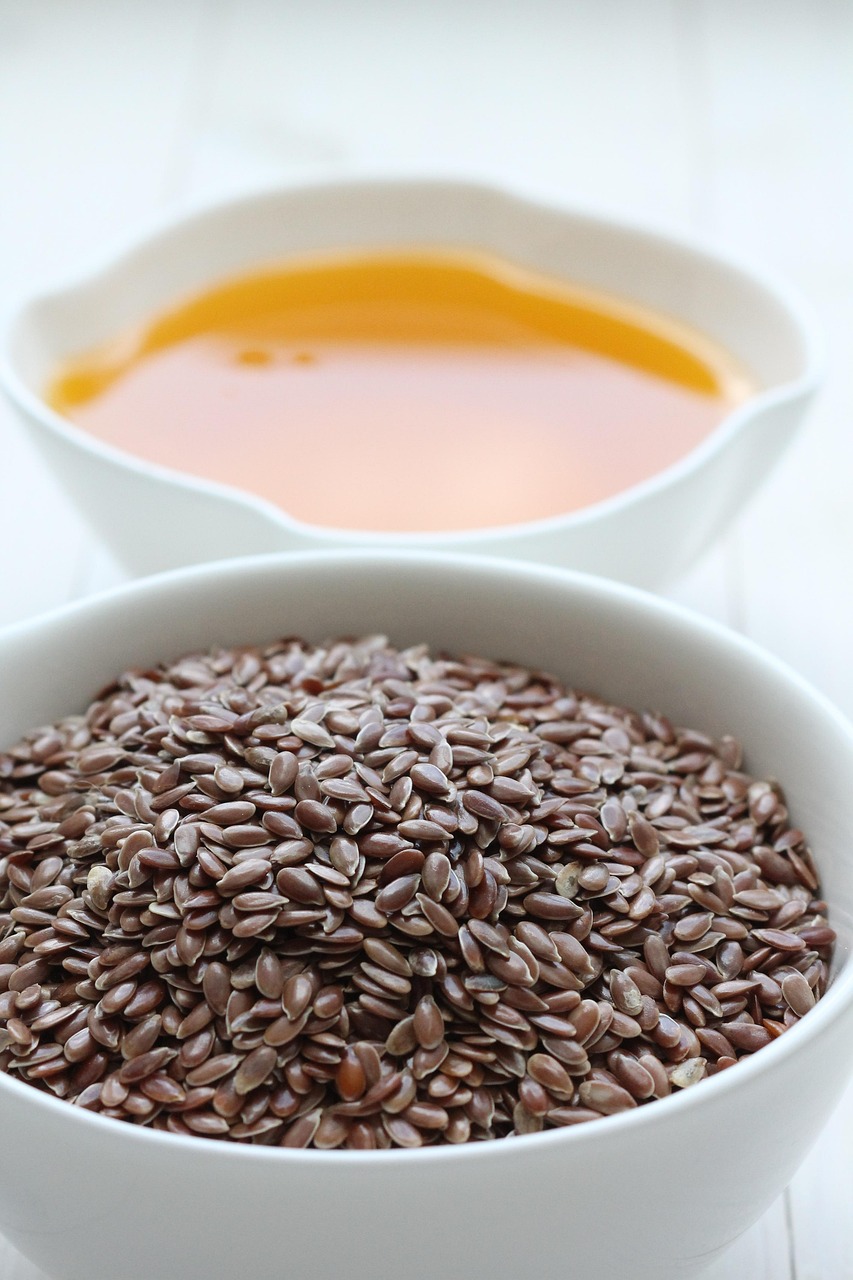The human body operates on a circadian rhythm, an internal biological clock that regulates various physiological functions over a 24-hour cycle. This rhythm influences sleep, metabolism, hormone release, and cardiovascular activity. Disruptions to the circadian system can have significant health consequences, particularly for metabolism and heart health.
How the Circadian System Works
The circadian system consists of:
- A central clock in the brain's hypothalamus (specifically, the suprachiasmatic nucleus), which synchronizes with light and dark cycles.
- Peripheral clocks found in various organs, such as the liver, heart, and muscles, which regulate local functions like glucose metabolism and blood pressure.
✔️ Sleep and wakefulness cycles
✔️ Physical activity regulation
✔️ Food intake timing
✔️ Glucose sensitivity and insulin regulation
✔️ Cardiovascular function
The Link Between Circadian Disruptions and Metabolic Disorders
When the circadian rhythm is disrupted—due to factors like irregular sleep patterns, night shift work, or frequent time zone changes—it can negatively affect metabolism. Studies have shown that:
- Shift workershave a higher risk of type 2 diabetes due to impaired glucose tolerance.
- Disrupted sleep cycles are associated with weight gain and insulin resistance.
- Eating at irregular times, especially late at night, can lead to poor metabolic health and higher cholesterol levels.

Circadian Rhythms and Cardiovascular Health
The heart and blood vessels follow a daily rhythm, adjusting blood pressure and heart rate based on the time of day. Circadian misalignment has been linked to:
- Increased risk of hypertension and heart disease
- Higher chances of heart attacks occurring in the early morning, when blood pressure naturally rises
- Poor vascular health due to disrupted hormonal balance
How to Maintain a Healthy Circadian Rhythm
To support metabolic and cardiovascular health, consider these science-backed strategies: 🌞 Exposure to natural light: Spend time outdoors during the day to help regulate your internal clock. 🌙 Consistent sleep schedule: Aim for 7–9 hours of sleep per night, going to bed and waking up at the same time daily. 🍽️ Time-restricted eating: Try to align meals with daylight hours, avoiding late-night snacking. 🏋️ Regular physical activity: Exercise during the day rather than late at night for better metabolic function.
Conclusion
Maintaining a healthy circadian rhythm is essential for overall health, particularly in preventing metabolic disorders and cardiovascular disease. By aligning daily habits with our natural biological clock, we can improve well-being and reduce health risks associated with circadian disruption.
Reviewed by: NutriWise Editorial Team
Sources: POUNDS Lost Study, Harvard Nutrition Source













